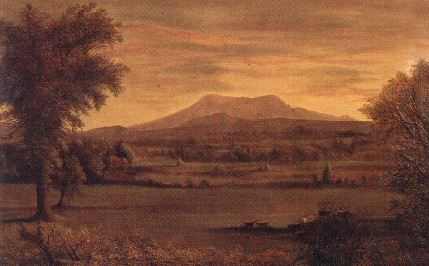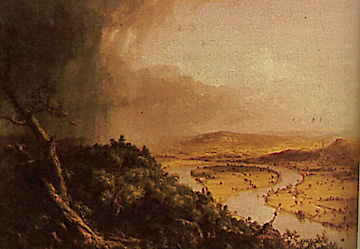
What is worth preserving?
The world is rapidly disappearing, so what is it we are ready to die for to protect ?
What is so worth preserving we are willing to risk our name and or life for ?
Answers can always involve further inquiries:
The world is comprised of material things. Such things as these that we, too, are made of are both inanimate and living; that is both biologically animated and --at least to us-- not actually alive. Rivers we think are not actually alive, but they provide homes, nurseries and feeding grounds for invertebrate animals like insects as well as fish, amphibians, reptiles and even mammals -- all of which are alive. Or at least they are alive if there is sufficient water, nutrients, energy and space for them to dwell, cohabited --if you will-- in a river.
| We call the ability of a river to provide homes and nourishment for living creatures, the assimilative capacity of its tributaries, because of the vegetation and fish sustained by the water, dissolved oxygen, and nutrient levels in the streams and rivers. In the systematic approach of landscape and watershed analysis, habitat scientists tell us that the assimilative capacity of the river depend on the ecological integrity of its functional and moving parts. | |
Owen's River Valley, in the Eastern Sierra; a source of Los Angeles water. |
The decisive divide:
Animate and inanimate are dichotomous categories by which ecologists assay the world.
Murray Gell Mann a Cal Tech physicist who theorized about the existence of quarks has bridged this divide by referring to any material (organic and inorganic) as a complex adaptive system.
To assay, means to derive the characteristics of, weigh the substance of, and interpret the material composition of something under scrutiny. Gell Mann considered this divide as less than satisfactory for describing the physical existence of the cosmos. He thinks this division between things that possess genetic material and live by means of reproduction and those things that do not reproduce themselves and thus are inorganic as less than satisfactory. He thinks this dichotomy obscures similarities, as much as it displays clearly the differences in what Darwin called "the organic and inorganic conditions of existence."
Any analysis rests on the ability to produce evidence by means of breaking complicated concepts down into their constituent parts. These are the details of any case, the facts in any story, the actors and the action in any drama. To analyze properly the parts must be defined, explained and examined for what they reveal about the case or story.
The Synthesis
What have these living and never having lived entities in common? They possess similar functional responses to changing external conditions such that Gell Man created a new concept which he calls "a complex adaptive system." He sees this as a bridge of understanding between the categories and among a whole range of feedback responses, previously considered separate and distinct faculties of potentially reproductive (hence alive) and potentially inert materials (hence inanimate).
The Lesson
There are more than one
means to understand a complicated entity, but a  careful
attention to how words reveal, hide, or otherwise distort what we are seeking
to understand, assay, value or act to keep from harm, loss or decay, is of most
importance.
careful
attention to how words reveal, hide, or otherwise distort what we are seeking
to understand, assay, value or act to keep from harm, loss or decay, is of most
importance.
Equally as important is the ability to explain to those who are less than expert, what you are finding when you use multiple methods to discover the factors that sustain your discovery of the facts and the correct interpretation of their meaning.
These then are the two sides of any critique: 1) attention to terminology and 2) careful explanation of the findings. Only then can a proper debate be had over an appropriate decision to make or course of action to take.
Critique means